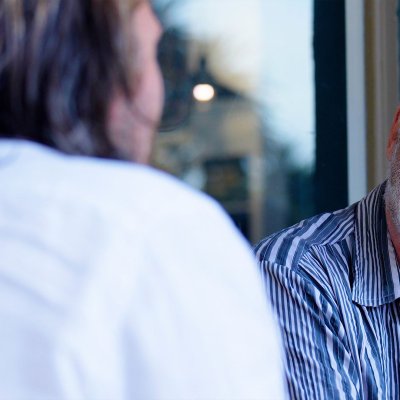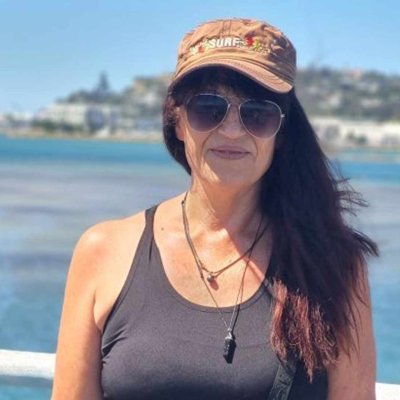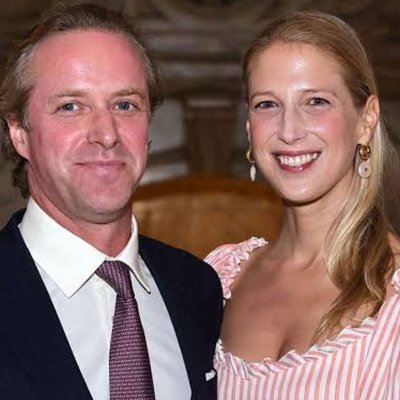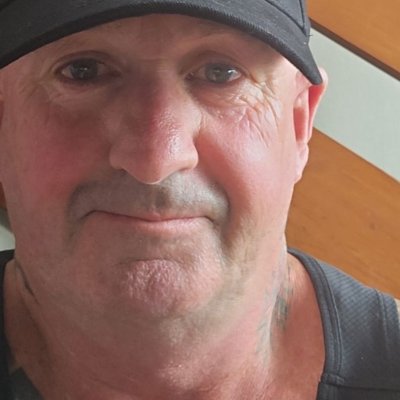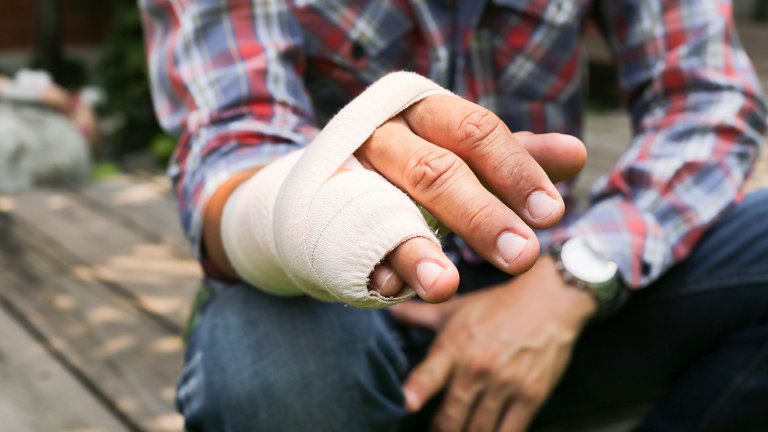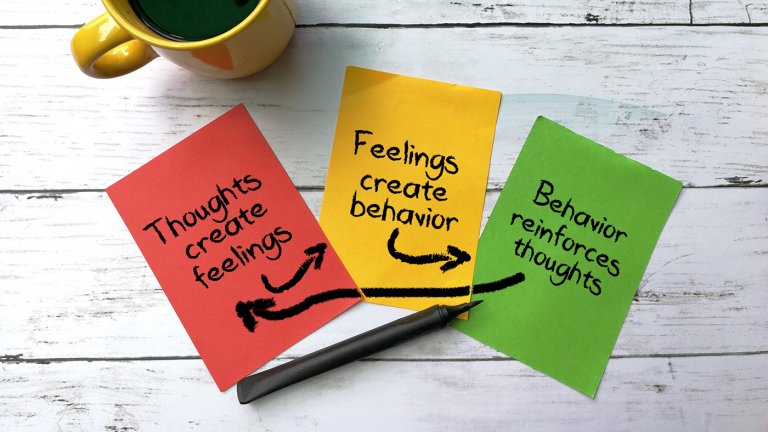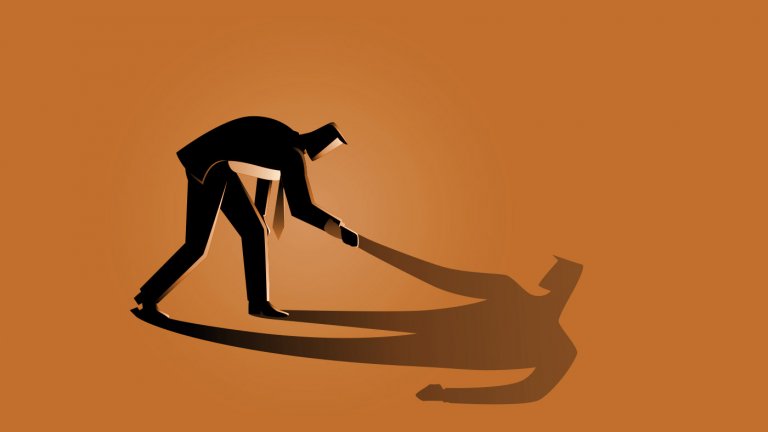Unconditional Love, Ageing with Dignity, and Recognising Narcissism
For nearly sixteen years, I worked as a diversional therapist at Princess Alexandra Retirement Village in Napier. Two weeks ago, I made the difficult decision to resign.
I did not work for Ryman Healthcare—I worked for the elderly. They deserved the very best in life after losing their independence, their homes, and often, their life partners. My role was to ensure they experienced dignity, joy, and connection in their later years.
A Lifetime of Care and Connection

My love for the elderly began with my Nana Helen and Grandad Rex Eddy. As their first grandchild and only granddaughter, we shared a special bond built on unconditional love.
As they grew older, I naturally became their carer—helping with household chores, gardening, and ensuring Grandad had company at lunchtime so that he would not eat alone. Our shared ritual of toast with banana remains one of my fondest memories.
When Grandad was diagnosed with Parkinson’s disease, I stepped in to help. I researched the condition, observed his physiotherapy sessions, and created a daily exercise routine for us to follow together. Five days a week, we walked, stretched, and did everything possible to slow the disease’s progression. Even as Parkinson’s took its toll, Grandad’s determination never wavered.
This dedication led to an unexpected opportunity: the Hawke’s Bay Sports Association approached me to assist in developing a specialised exercise programme for Parkinson’s patients. Grandad and I worked together to create something that would benefit others living with this cruel disease.
The Pain of Watching a Loved One Decline
Eventually, Grandad and Nana had to sell their home and move into Princess Alexandra Retirement Village. We continued our daily exercises, walking in figure eights with his walker. But as his condition worsened, Nana struggled to cope and made the heartbreaking decision to move him into the rest home section of the village.
I was devastated. It was not my decision to make, but I felt the pain deeply. Grandad, however, never complained. He quietly continued his routine, sneaking over to Nana’s room each afternoon for a drink, a newspaper, and a small sense of normality.
Even as his mobility declined further, we adapted. Wheelchair walks, chair-based boxing, and listening to the birds in the garden became part of our new routine. I watched their love for each other remain strong, cherishing the small moments—like Grandad picking a rose to give to Nana.
For the last six months of his life, my father and I took turns feeding him his meals, unwilling to trust the overworked and indifferent staff. When he passed away, I was by his side, holding his hand. I brought Nana to see him one last time. She sat beside him, looked at the clock, and said, ‘Time keeps going.’ With tears in my eyes, I hugged her from behind and simply held her.
Advocating for Nana
As Nana’s health declined, I fought tirelessly to ensure she received the care she deserved. It was an uphill battle—staff were apathetic and resistant. I made enemies for speaking up, but I did not care. Nana had paid good money to be there, and I was not about to allow her to be neglected.
One night, I received a 2 a.m. call from the hospital—Nana was asking for me. I rushed to her bedside. The staff could not understand her, but I could. She wanted to go home to her room at Princess Alexandra.
The doctor attempted to override her wishes, but I fought for her right to die where she felt safe. I organised the ambulance, arranged palliative care medication, and ensured everything was in place. As we rode in the ambulance, I joked with her, ‘This is exciting—I have never been in an ambulance before!’
She passed away peacefully in her bed, surrounded by family. I climbed into bed beside her, just as I had as a child for our Sunday breakfasts. We laughed, we shared memories, and we ensured she knew she was loved. When she took her last breath, I kissed her forehead and whispered, ‘You are with Grandad now.’
Burning Out in a Broken System
After they passed, I continued working with the elderly, advocating for their dignity and happiness. But the toxic work culture in aged care took its toll.
I was constantly fighting narcissistic management, workplace bullying, and a system that prioritised profit over people. I was exhausted, burnt out, and emotionally drained. But I stayed—for the residents who trusted me, for the families who needed someone to care beyond paperwork and routines.
I specialised in dementia care, understanding depression and anxiety in the elderly, and ensuring that even those with memory loss still felt valued and engaged. I gave my all, despite the negativity surrounding me.
In November 2024, I had a hysterectomy. During my recovery, I realised that I had spent so much time caring for others, I had neglected myself. It was time to walk away.
Breaking Free from Narcissists
Leaving my job felt like escaping a toxic relationship. I have come to recognise that I had spent too much time around narcissists—not just in my workplace, but in past relationships, friendships, and even within my own family.
Narcissists are:
- Insecure and incapable of genuine love or happiness
- Thriving on drama, control, and manipulation
- Experts at gaslighting, guilt-tripping, and playing the victim
For years, I believed I could fix or help them. Now, I know the truth:
- They do not change.
- They do not deserve your energy.
- You must walk away and heal.
If you have been trapped in a toxic dynamic, whether in work, relationships, or family—please know:
- You are worthy of love, peace, and happiness.
- You are not ‘too sensitive’ or imagining things.
- You deserve better.
I walked away from my job, but not from my people. I still visit the residents I love. I still carry my grandparents’ legacy in my heart. And I know that my light, happiness, and love will always shine brighter than the darkness of narcissism.
If you are reading this and feel stuck in a toxic environment, please know this:
You are not alone. There is life beyond this. You can heal. And it is worth it.
With love,
Sandie Eddy

